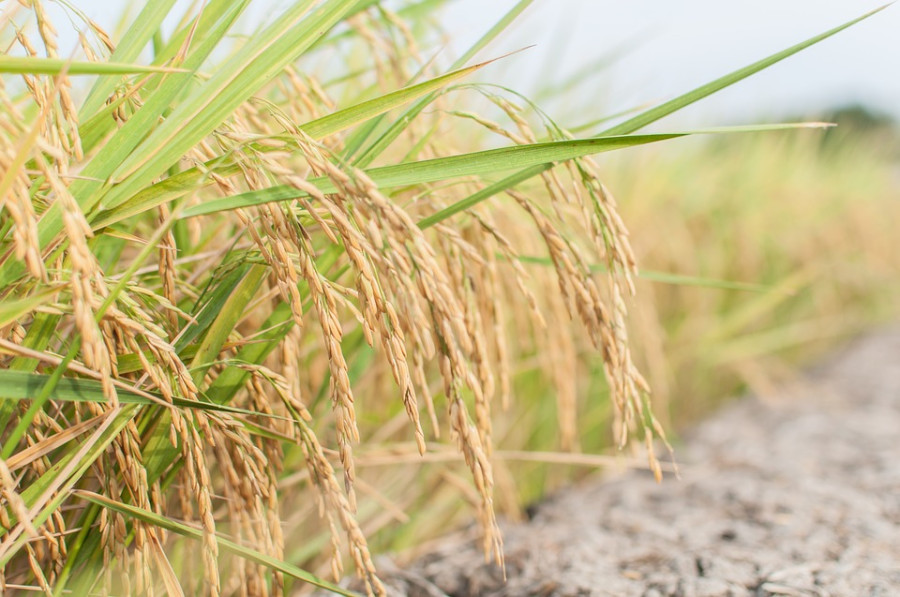Opinion
Rise against the clock
Proactive research and analysis are needed to effectively address future nutritional problems
Ramu Bishwakarma
Over the weekend, I read ‘How rice became a staple in the hills and mountains and why that’s unsustainable’ in the Kathmandu Post. As a student of social change, I found the article quite interesting. Rice was indeed not a common staple food for most villagers, especially in the hills and mountain areas. As mentioned in the article, the perception of cultural inferiority toward foods other than rice—coupled with external forces such as the perception of development workers and policymakers that rice was the food staple to be provided to the farmers when they are food insecure—most likely contributed to establish the rice culture in rural hills and mountains in Nepal.
While the rice-culture was subtly taking over the traditional staples through socio-cultural and market forces, consumers were not actively informed about nutritional values offered by different staple foods. There must have been research about it at national and international levels, but the findings from this research did not reach consumers. For that matter, even the mentioned article this op-ed itself are likely only going to circulate within smaller networks (and mostly within an echo-chamber of like-minded researchers and journalists). This points to the overall lack of proactive research and analysis in our efforts to address future societal problems.
Analyses and research conducted after the fact are useful to understand the history and draw lessons for learning purpose. But understanding them before or as they happen, and their future implications are equally, if not more, important to help minimise or avoid future negative consequences. Two aspects are particularly important to make these analyses effective: intentionality and specificity. Such analyses should be intentional to improve our knowledge about current and future trends, and the topic of analysis should be specific enough to produce tangible change.
Analyses that are reflective in nature are good for learning lessons and to understand what has happened. But if we stop there and don’t analyse the current and future trends, we will miss an opportunity to introduce corrective measures. And if these findings do not reach to the relevant stakeholders in a timely manner, they cannot make necessary policy, programmatic and advocacy interventions at the time of need.
Let’s take the case of the referred article. If the researchers and analysts had paid attention to the details of the emerging trends of the culturally perceived superiority of rice in the hills and mountain areas at the time when it started (after the 1980s), and if the results of such analyses were received by the relevant stakeholders, all the negative effects we are seeing now triggered by or associated with rice-based diets could have been minimised or even avoided. As such, we wouldn’t have experienced the rice-driven negative consequences, as captured by the Post’s article as a nation today.
With this premise, I have two specific recommendations. One, all researchers, analysts, and think tanks alike should give equal importance, if not more, to proactive and predictive studies as much as they do on reflective studies, especially on the topics that hold severe implications to people and society. For instance, fast food culture is evolving rapidly in Nepal these days. Given the ways in which the new generation is flocking toward the industry, it is possible that in the next five or 20 years, we will talk about various public health and dietary problems associated with such foods, just like the way we are talking about the rice at this moment. Thus, it’s important to conduct predictive analyses of emerging fast food culture and its possible implications at present and in future.
We must learn from our historical shortcomings. A strong communication and advocacy intervention about the current status of fast food consumptions, its nutrition values, consumption trends, and health and socio-economic implications, if well analysed and disseminated, could greatly benefit the public.
Bishwakarma, PhD, is a Sr. Technical Advisor for Monitoring, Evaluation, Research and Learning for Lutheran World Relief in Baltimore, USA.




 9.7°C Kathmandu
9.7°C Kathmandu










